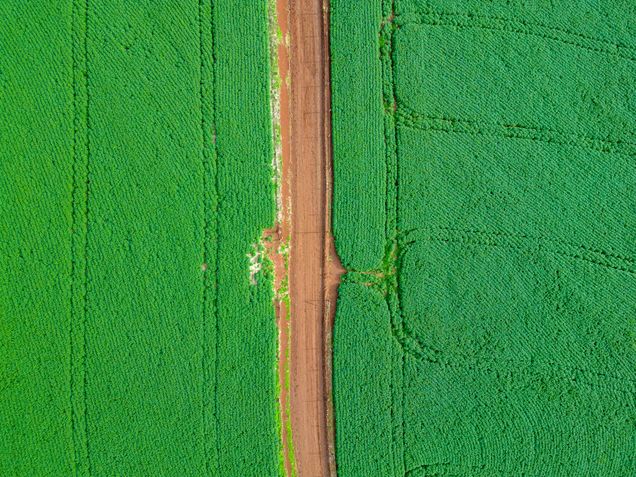Environmental Impacts of Oil Crop Expansion in the Tropics: Contrasting Soybeans in South America with Oil Palm in Southeast Asia

Oil crops play a critical role in global food and energy systems, providing cooking oils for human consumption, biofuels for energy, feed for animals and ingredients in beauty products and industrial processes. This versatility makes them desirable in both local and global markets, with recent substantial expansion of oil crop agriculture. However, this expansion has led to a diverse range of effects on the surrounding environmental systems.
A journal article by Kimberly Carlson and Rachael Garrett in the Oxford Research Encyclopedia of Environmental Science identifies and evaluates the totality of the environmental impacts of oil palm and soybean systems in tropical regions.
The authors conclude that both crops have decisive impacts on environmental degradation in the tropics. While oil palm has been associated with direct forest clearing in Southeast Asia, soybean contributes to deforestation indirectly via linkages with cattle ranching in South America. Soybean in South America and oil palm in Southeast Asia are associated with fire, which generates smoke that contributes to human mortality. Oil palm is also linked to peatland drainage, which generates harmful emissions and land subsidence.
These results point to significant ramifications to the natural features of the plantation land and surrounding areas. With potential decreases in biodiversity, increases in greenhouse gas emissions and changes in water flux and quality, the authors describe identify the crops as major proximate causes of tropical deforestation and environmental degradation.
Read the Journal Article